November 2020 Sustainability + Renewable Energy News
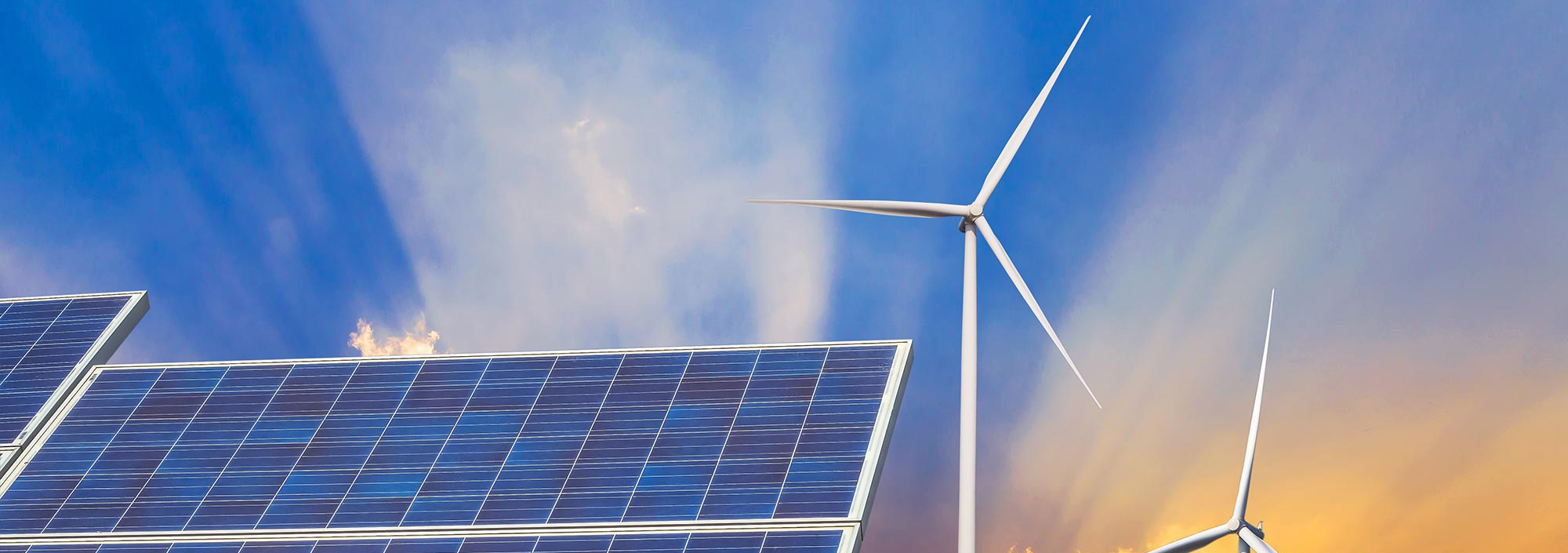
 Arizona power must come from 100% carbon-free sources by 2050, ACC decides
Arizona power must come from 100% carbon-free sources by 2050, ACC decides
The Arizona Corporation Commission (ACC) has approved a plan for utilities to get all of their energy from carbon-free sources like solar and nuclear energy by 2050, bringing the state closer in line to other Western states. The new regulations require electric utilities to get half their power from renewable energy like solar and wind in 2035. Then in 2050, they would need to supply all customer demand for electricity with either renewables, carbon-free nuclear, or energy-efficiency measures such as subsidizing low-watt lightbulbs or attic insulation for customers. The new requirements would make Arizona’s renewable rules stricter than Montana, Oregon and Washington, although Washington’s goal of going carbon-free is to do so by 2045, five years earlier than Arizona. The new requirements will spur development of solar plants, battery storage and other renewables. Read more >>
 Expanded wind project to power Arizona with more clean energy
Expanded wind project to power Arizona with more clean energy
Customers of Arizona Public Service Company (APS) will soon power their homes and businesses with more clean energy. Earlier this year, APS announced a commitment to deliver 100% clean, carbon-free electricity to customers by 2050. By the end of 2021, APS will harness the power of Leeward Renewable Energy’s advanced GE wind turbine technology to help meet Arizona’s growing energy demands. APS has entered into a power purchase agreement with Leeward to purchase wind energy from Leeward’s two Aragonne Wind facilities. This enables Leeward to sell 200 megawatts of wind generation to APS over a term of 20 years. Read more >>
 New ASU engineering program supports a sustainable energy future
New ASU engineering program supports a sustainable energy future
Innovation is transforming the energy industry as new technologies enhance power generation, storage and transmission. Alongside these improvements to components and systems, new human skills are required to convert the potential of scientific advances into commercial reality. Meeting this challenge is the purpose of a graduate program that began this fall in the Ira A. Fulton Schools of Engineering at Arizona State University. The master’s degree in modern energy production and sustainable use offers the multidisciplinary training necessary to realize a more sustainable energy future. Read more >>
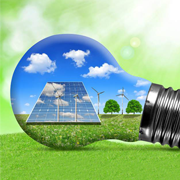 Arizona cities defend progress after slipping in clean energy ranking
Arizona cities defend progress after slipping in clean energy ranking
Local officials pushed back earlier this month against a new report that showed three Arizona cities slipping in a national ranking on clean-energy policies, saying the report does not appear to reflect their clean and renewable-energy efforts. The 2020 City Clean Energy Scorecard, released October 6 by the American Council for an Energy-Efficient Economy, scores the 100 largest cities in the country in five categories ranging from local government to energy and water utilities. Phoenix finished 19th in the ranking, while Tucson was 68th and Mesa was 76th – all three slightly lower rankings than the cities got on 2019’s scorecard. Read more >>
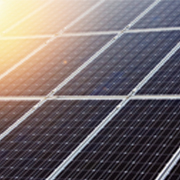 Solar power is now the cheapest form of energy
Solar power is now the cheapest form of energy
The International Energy Agency (IEA) recently announced that solar is officially the cheapest form of energy in history in its recent publication World Energy Outlook 2020. IEA’s World Energy Outlook is a yearly study that uses data points derived from the World Energy Model which allows the agency to map possibilities for the future. This year’s study included four alternate pathways for 2040, each option imagining a heavier reliance on renewable energy. The main scenario imagined a much higher use of solar energy, with solar output 43% higher than in the IEA’s 2018 publication. The IEA believes that with improving technology and risk-reducing policies, this renewable resource has a bright future. Read more >>
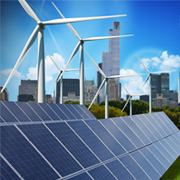 Smart energy communities can make the grid more human-centric
Smart energy communities can make the grid more human-centric
For nearly a century, the grid has been one, solid, hulking, inflexible machine. Now, with the rise of technologies like microgrids, distributed renewables, battery storage, and vehicle-to-grid applications, we can reimagine the grids that enclose our communities to be like those fictional spaceships. Nominally together for efficiency, but modular when advantageous. It’s an idea that has recently seen progress. Through the concept of a smart energy community, people are looking at the monolithic grid that surrounds them and reimagining it in a more human-centric way. Read more >>
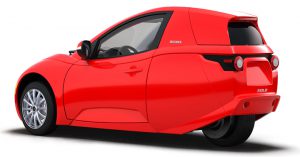 Canadian electric vehicle maker is expanding its retail footprint in Arizona
Canadian electric vehicle maker is expanding its retail footprint in Arizona
Interested in looking at or scheduling a test drive for the three-wheeled, single-rider vehicle, named the Solo? Vancouver, British Columbia-based ElectraMeccanica Vehicles Corp. has recently opened locations in Kierland Commons and the Arrowhead Towne Center where you can check out the innovative company’s signature electric vehicle. Costing approximately $18,500, the first vehicles manufactured went into production in August and are starting to arrive in the United States. Right now, the company makes the vehicles in China, but it is in the middle of the search for a manufacturing site in the United States. Two Phoenix-area cities are in consideration: Mesa and Casa Grande. Read more >>
Electric school bus fleets test the U.S. vehicle-to-grid proposition
The breakout vehicle-to-grid (V2G) technology in the United States just might be electric school buses. At least, that’s how Duncan McIntyre, CEO of Highland Electric Transportation, sees it. McIntyre, who founded renewable energy procurement and analysis marketplace Altenex in 2011 and sold it to Edison International in 2015, started Highland Electric two years ago to build a “business entirely around the school bus electrification market.” The idea is to replace the upfront and ongoing costs of EV buses and charging infrastructure with a fixed annual fee, equal to or less than a school district’s current budget for owning, fueling and maintaining their existing diesel-fueled fleets. Read more >>
Arizona advanced materials company EnKoat featured in the 2020 Cleantech 50 to Watch List
Arizona-based EnKoat, an advanced materials company that is developing energy-efficient building coatings to combat climate change is named in Cleantech Group’s New 50 to Watch List as one of the companies finding solutions to combat the climate crisis. EnKoat founders believe that achieving carbon neutrality, getting to net-zero and beyond is one of the key challenges the world is facing right now due to the detrimental effects posed by climate change and the energy crisis. Through fundamental research as well as small business grants via the National Science Foundation (SBIR Phase I) and the Wells Fargo IN2 program, EnKoat has been able to make significant strides in their product development in the past year. EnKoat’s proof-of-concept and pilot projects have demonstrated significant savings in heating and cooling costs, and subsequent reduction in carbon emissions. Read more >>
